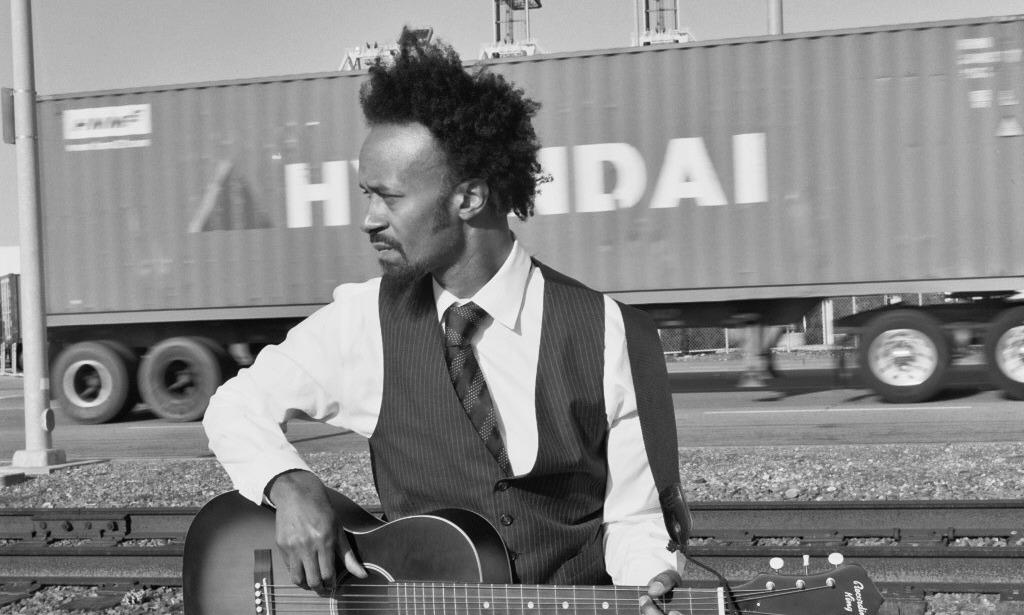How Fantastic Negrito Bounced Back
Xavier Dphrepaulezz has reached great heights — and depths — in the music business.
When he was in his twenties, back in the 1990s, he landed a multimillion dollar recording contract. But he ended up losing that contract and quitting the music business. And then he nearly died in a car accident.
But the singer is back. He now performs under the name Fantastic Negrito. And last year he beat out seven thousand musicians to win NPR’s Tiny Desk Concert competition.
He joins Kurt Andersen in the studio to play live and talk about his new album, “Last Days of Oakland,” which deals with issues like racism, violence, and gentrification.
Kurt Andersen: You were living on the streets at 12 and 13. It’s hard for me to imagine — what was that like?
Fantastic Negrito: It felt natural; the streets were just calling me. Hip-hop and punk were meeting in the streets. There were other street kids who are actually still my friends and my business partners. I’m in a collective with the same guys I met on the streets at 12. The greatest investments I ever made were those friendships. It was fine, there were no rules and we got into trouble and it was fine.
And when you call it a collective, what’s that mean?
It means you give all your money away. I’m just saying that being funny, but you basically have a group of guys and you say, let’s all depend on each other. And let’s try to do great things. Music, art, film, let’s do things that we feel like are a contribution.
And do you guys all work on each other’s stuff?
No, not necessarily. One guy is a writer. I’m the musician. One guy is a weed-growing hustler. What we do is we pick one thing, and put all our resources towards that one thing. Like one guy, Malcolm Spellman, he really wanted to get back into writing, so we supported him until he got on the show “Empire.” Then it was another guy’s turn. It was my turn and I said “I want to be Fantastic Negrito,” and then we’ll vote on it.
Really?
Yes, really.
This is cool.
I tell people, this is the future.
We know of “In the Pines,”[a song on your new album], mainly as a Leadbelly song from the 1940s, but I’d forgotten that Nirvana did a version, Loretta Lynn just recorded a version, and now here you are. What made you want to do it?
Well, first of all I probably will never do a cover again because I’m not very good at covers. I always think the original artist does a better job. So I took that song apart. I changed the key of the song and put it in F instead of E, and I added a bridge. And then I changed half the lyrics, because I really wanted to reflect the times that we live in now. I think it’s a very important song historically. I wanted to write it for women who had buried their children. My mother buried my brother when he was 14 —
Killed violently?
Yeah, it was gun violence. And my cousin died of gun violence. I really wanted to speak on that. And I always want to speak on that because it’s terrible in such a great country.
Our coverage reaches millions each week, but only a small fraction of listeners contribute to sustain our program. We still need 224 more people to donate $100 or $10/monthly to unlock our $67,000 match. Will you help us get there today?
